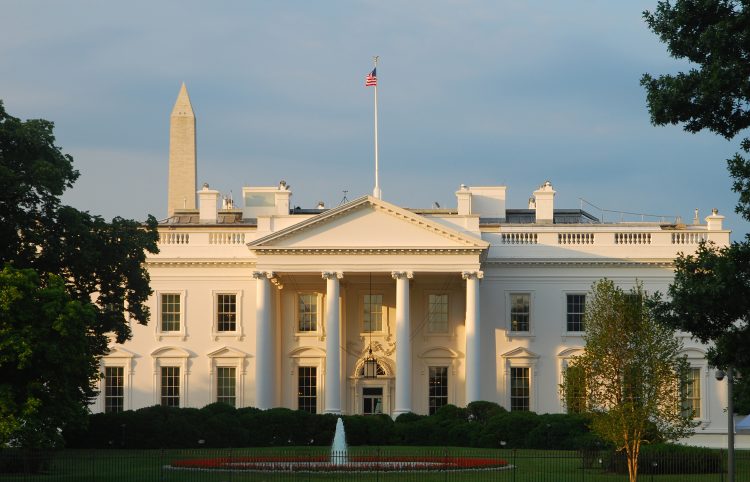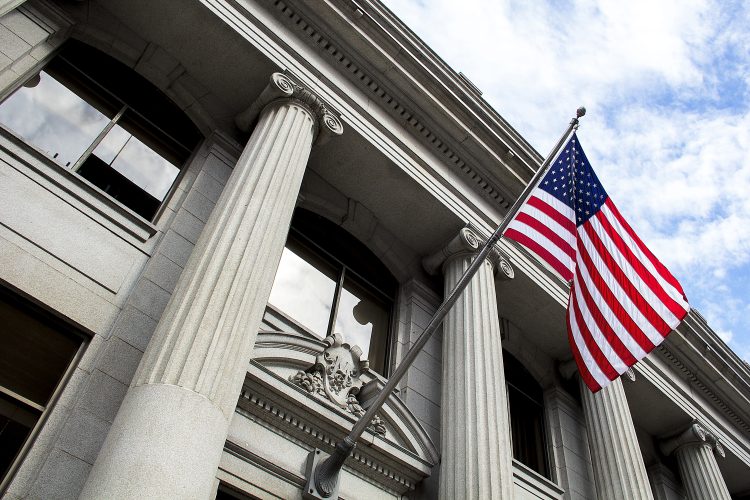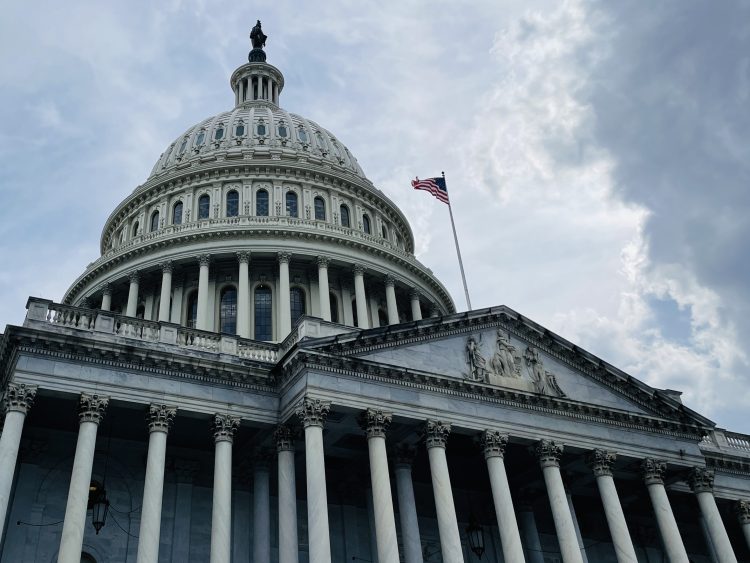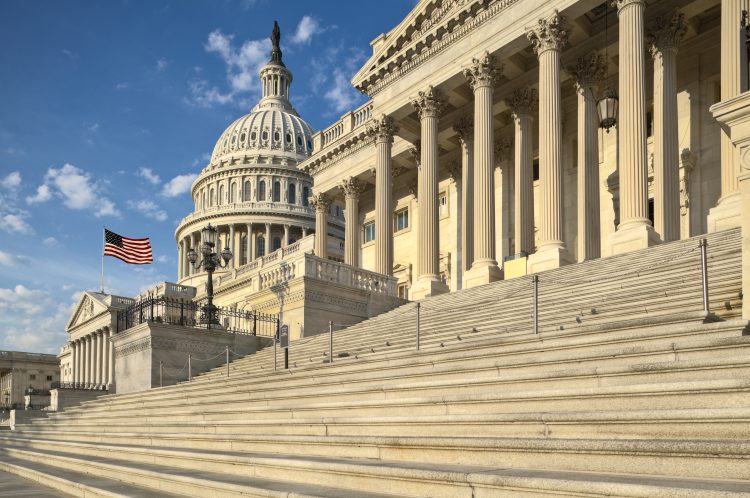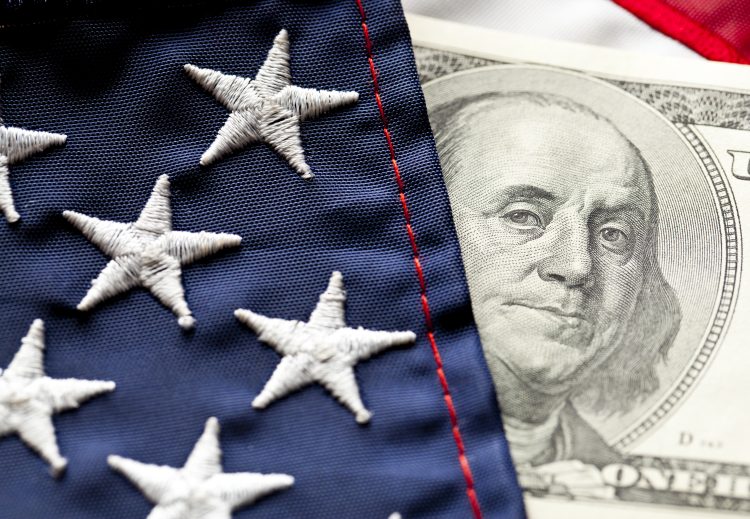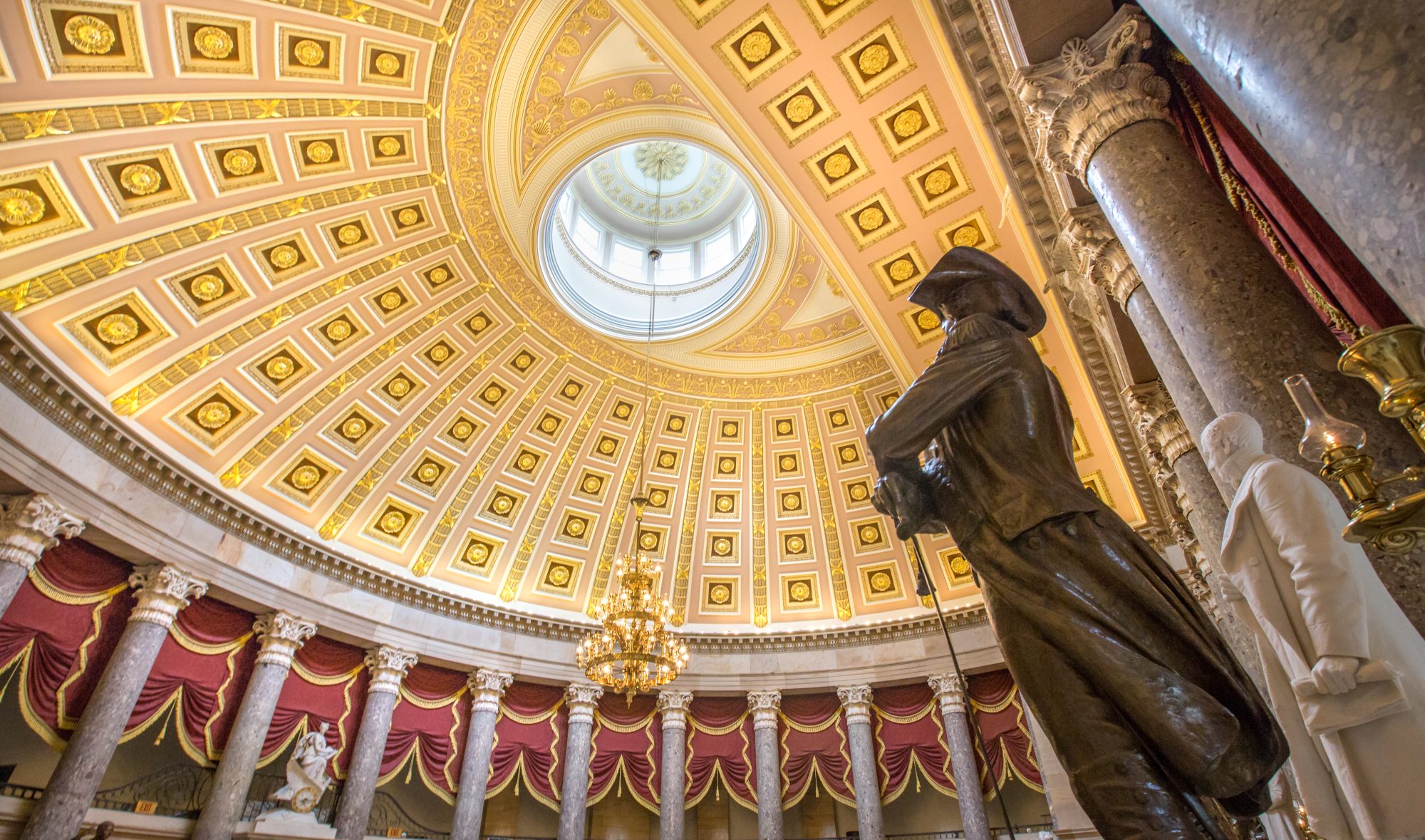The White House distributed a memo last week claiming that upon enactment of the One Big Beautiful Bill (OBBB), “the Trump Administration will have embarked on actions that reduce deficits by at least $6.6 trillion over 10 years.” The memo from the Office of Management and Budget (OMB), conceded that “there is more work to be done to deliver on President Trump’s commitment to balance the budget,” but concluded “doing so is not possible without enactment of the OBBB.”
It was a puzzling argument since the OBBB itself has been scored by the Congressional Budget Office (CBO) as increasing deficits by $2.4 trillion plus $500 billion in increased interest costs for a total of around $3 trillion added to the debt over 10 years. Taking on even more debt hardly seems like the first step on the road to a balanced budget. Nevertheless, with ample smoke and some well-placed mirrors, the Administration not only dug itself out of a $3 trillion hole but took credit for a $6.6 trillion gain. A bit of rosy spin on the budget is standard procedure for any Administration, but puffery worth nearly $10 trillion deserves some extra scrutiny.
The Administration’s first and essential sleight of hand is to zero out the entire cost of extending provisions of the 2017 Tax Cut and Jobs Act (TCJA) scheduled to expire at the end of 2025. This removes a $3.8 trillion cost from the bill (plus associated interest costs!), leaving a net deficit reduction of $1.4 trillion, according to the OMB calculations.
It is important to note that OMB does not dispute the actual cost of extending the TCJA. It just doesn’t think the cost should be included in the OBBB. “There is no political universe in which Republicans in Congress would allow a 40% tax hike by not extending the 2017 Tax Cut and Jobs Act,” OMB says in the memo which then observes that CBO is “using conventions that ignore political reality.”
This shows either a profound misunderstanding of CBO’s role or a determination to simply toss aside any pretense of objective analysis. It is not CBO’s role to evaluate the “political universe” and base its scoring on “political reality” rather than on current law. And it is clear that under current law, enacting the OBBB would increase the debt.
Despite the seeming complexity of concepts like the “baseline” and “current law,” this is really about some fairly straightforward math. In CBO’s latest budget projections, the gross debt in 2034 will be $56 trillion. That projection does not include the cost of extending the expiring TCJA tax cuts because CBO cannot assume congressional actions. Extending the tax cuts would reduce revenue and increase the debt by $3.8 trillion through 2034. Whether you count that as a new cost, as CBO must do, or count it as a cost that should be assumed to have already occurred, as OMB would like, the debt in 2034 would be the same. The basic math doesn’t change.
The situational ethics of OMB’s analysis is also demonstrated by its own scoring of several new Trump tax cuts included in the OBBA, such as no tax on tips, overtime pay, certain car loans and a standard deduction for seniors. All of these carry 2028 expiration dates, which makes them appear far less expensive in CBO’s score of the OBBB than if they were assumed to be permanent. That, of course, is fine with OMB. When it works in their favor, OMB has no objection to assuming that a sunset will actually happen in the future despite the “political reality” that Congress will face intense pressure to extend these tax cuts once they go into effect.
Credibility requires consistency. In this regard, OMB falls short. It argues for a “current policy” baseline when it comes to the TCJA tax cuts (i.e., ignore the legal sunset) and a “current law” baseline (i.e., assume the sunset takes place) when it comes to new tax cuts in the OBBB.
In a June 12, 2025 letter to Senator Jeff Merkley (D-OR), CBO estimated that if 16 tax provisions in the OBBB with expiration dates of 2028 or 2029 were made permanent, deficits would increase by an additional $1.4 trillion through 2034 (on top of the $2.4 trillion deficit increase for the bill as it stands). Higher interest costs of $687 billion would increase the cumulative deficit to $4.5 trillion through 2034, CBO said.
The lack of consistency also applies to new spending for defense and homeland security in the OBBB, which OMB describes as a $297 billion “one-time” expense to “finally and fully secure the border.” Defending the border is not a one-time mission so assuming that a one-time boost in spending will not become a more permanent increase seems at odds with the Administration’s intent. The plus-up, however, is not assumed to continue.
Beyond the off and on scoring of the OBBB, the Administration claims that several other policies could reduce the deficit by at least $6.6 trillion over 10 years. As stated in the OMB memo:
“OBBB is just one aspect—albeit a significant one—of the Trump Administration’s deficit reduction strategy, which includes increased tariff revenues, significant discretionary spending cuts, and reversing Biden administration policies that expanded welfare benefits through regulations.”
Deficit reduction claims include:
Net OBBB – $1.4 trillion
Tariffs – $2.8 trillion
Discretionary spending – $1.55 trillion
Regulatory changes – $170-400 billion
Debt service – $759 billion
The first thing to note about these numbers is that they include items that would normally be included in a full presidential budget. Yet, six months into President Trump’s new term, he has not presented a budget or background information needed to support deficit reduction claims.
This is a particular problem with the savings claimed in the memo. The tariff number appears to be taken from a June 4, 2025 CBO letter to Senators Chuck Schumer (D-NY), Ron Wyden (D-OR) and Jeff Merkley (D-OR) asking for information about tariffs implemented through executive action between January 16 and May 13, 2025. While a CBO letter is a credible source for scoring, it cannot be taken as a statement of Trump Administration policy.
Tariffs in the new Trump administration have been a moving target imposed, modified or suspended by executive order at the President’s whim. It is not at all clear that the purpose is to raise significant revenues by leaving the tariffs in place or to use them primarily as leverage for more favorable trade deals. In its letter, CBO was careful to note that its analysis “incorporates the assumption that such tariffs would remain in place permanently.”
Adding more uncertainty to the tariff estimate, is the decision by the U.S. Court of International Trade that the President does not have authority to issue at least some of the executive orders used to impose tariffs. While that decision is on appeal, the cloud of uncertainty remains.
The estimated $1.55 trillion of discretionary spending savings claimed by OMB is even more vague than the tariff savings. In the absence of a presidential budget, it is impossible to know how the “savings” were derived. Moreover, it is not clear if this is a 10-year extrapolation of the President’s “skinny budget,” presented in May, or whether it includes presumed cuts identified by the Department of Government Efficiency (DOGE).
In a May 4, 2025 letter to Senator Susan Collins, Chair of the Senate Appropriations Committee, accompanying the skinny budget, OMB Director Russell Vought wrote that it was “being provided in advance of the President’s full fiscal plan to reach balance and restore confidence in America’s fiscal management, so that your Committee may commence with debate and consideration of appropriations bills for the upcoming fiscal year.”
It is long past time for that “full fiscal plan” to be released so that claims of vast deficit reduction can be examined and evaluated. It will take more than scoring gimmicks and vague claims to go from the OBBB’s projected $3 trillion of new debt to a deficit reduction of over $6.6 trillion.
Continue Reading


